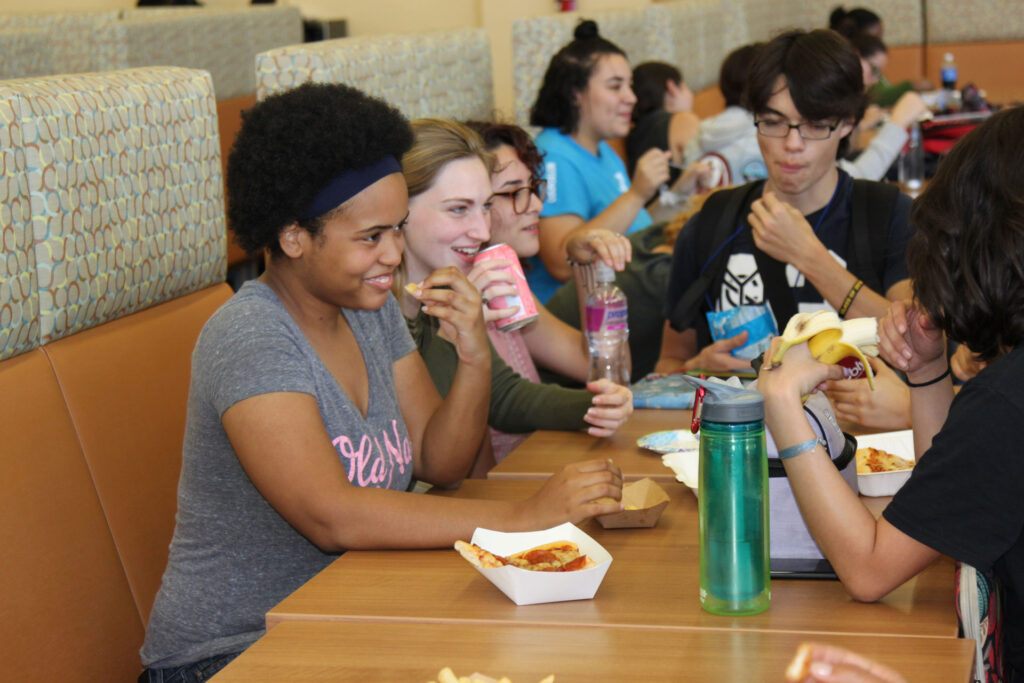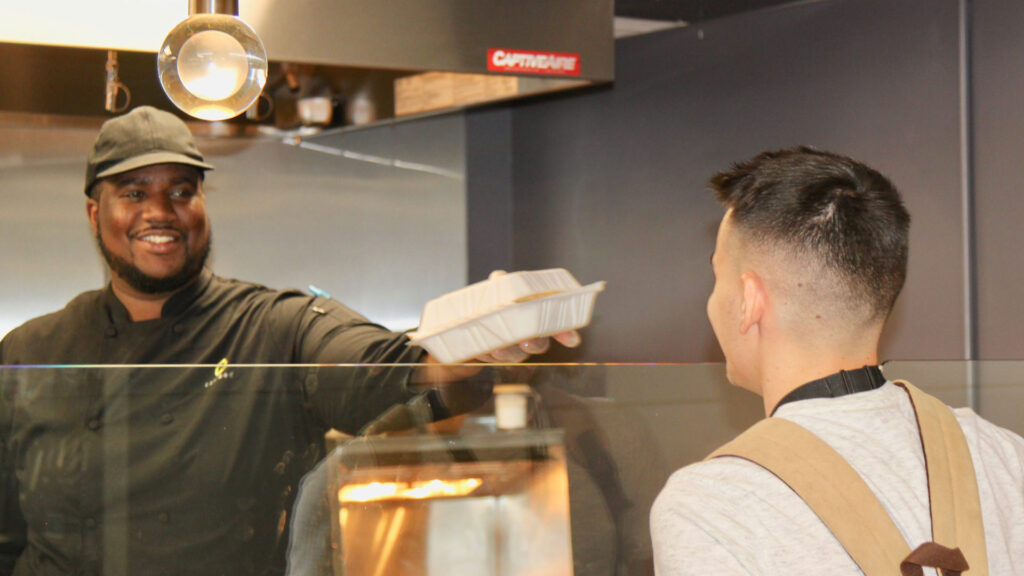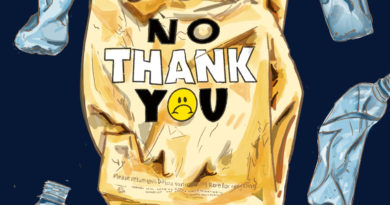Food Service Areas At Three MDC Campuses Going Green
North, Kendall and Homestead campuses began phasing out the usage of styrofoam this semester.
Kendall and Homestead replaced all products in their food service areas with biodegradable alternatives.
The change is a result of Miami Dade College’s administration working with the YES! Club at the campuses, along with contract negotiations with their food vendor, Canteen. The club has focused on environmental and sustainability issues and has been working for years to try and reduce styrofoam usage on campus.
“I think [banning styrofoam] is a very necessary step,” Anouchka Rachelson, the Kendall Campus YES! Club’s adviser said. “I’m very proud of the students’ accomplishment. They worked very hard.”
The initiative took effect when MDC negotiated its contract with Canteen earlier this year.
In the negotiations, both parties worked in conjunction to devise the best solution for replacing styrofoam-based products with ones that are more environmentally friendly.
“You want to be socially responsible,” Canteen Regional Director Ramon Gonzalez said. “Customers are always asking for companies to be responsible.”
The club’s push began three years ago, when its then-Kendall Campus branch president, Maria Parra, decided that banning styrofoam would be the best start to reducing the college’s environmental footprint.
The students in the club created a video and presentation to support the campaign, wrote petitions and held a peaceful protest on campus. They also worked with campus administration and the impact team.

“Styrofoam is a non-biodegradable material that takes 500 or more years to decompose,” Parra said in the video. “I am a changemaker for protecting the environment because we all need to recognize our environmental footprint and the impacts our decisions have on our shared home.”
Christian Acevedo, the current president of the YES! Club’s North campus branch, said that styrofoam, besides harming the environment, is also a health hazard.
“As styrofoam is heated, it releases toxins,” he said. “Let’s say you have hot food in a styrofoam container. Those toxins that are in the styrofoam can go into your food. I’m pretty sure you wouldn’t want to eat something like that.”
However, while styrofoam is being phased out in the cafeterias and cafes at North, Kendall and Homestead Campuses, there is no permanent rule set by the College. The club said that they would like the College to add a rule to its policies and procedures that would require it to use sustainable products. That way, if the contract with the vendors ever fell through, the ban on styrofoam would remain in force.
Danilo de-la-Torre, the president of the YES! Club at Kendall Campus, said they will continue to push the college to be more sustainable. Next on the agenda is working on eliminating straws and plastic bags on campus.
“The College has an extensive track record of environmental sustainability and environmentally-friendly practices going back to the ‘70s,” said Juan Mendieta, MDC’s director of communications. “This is the right thing to do, and it’s very important to us.”




